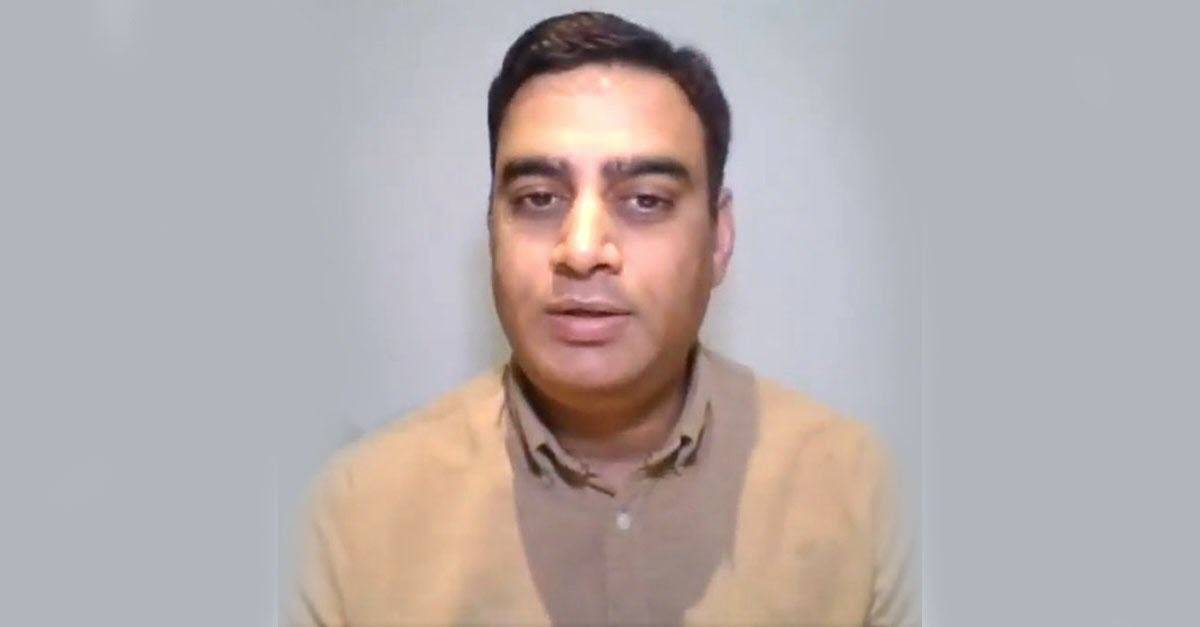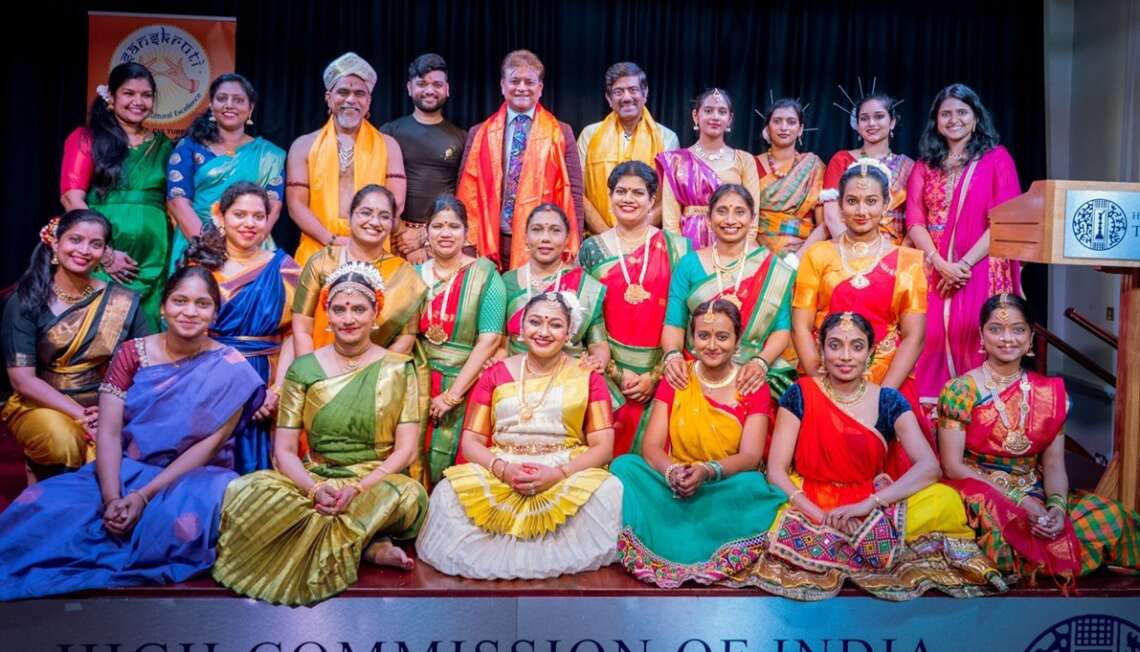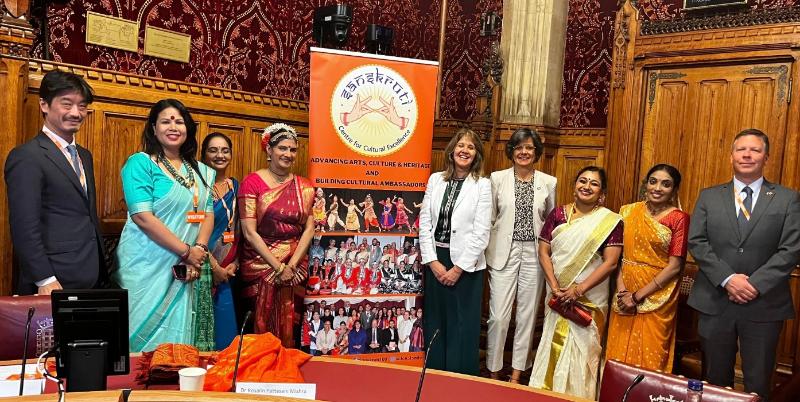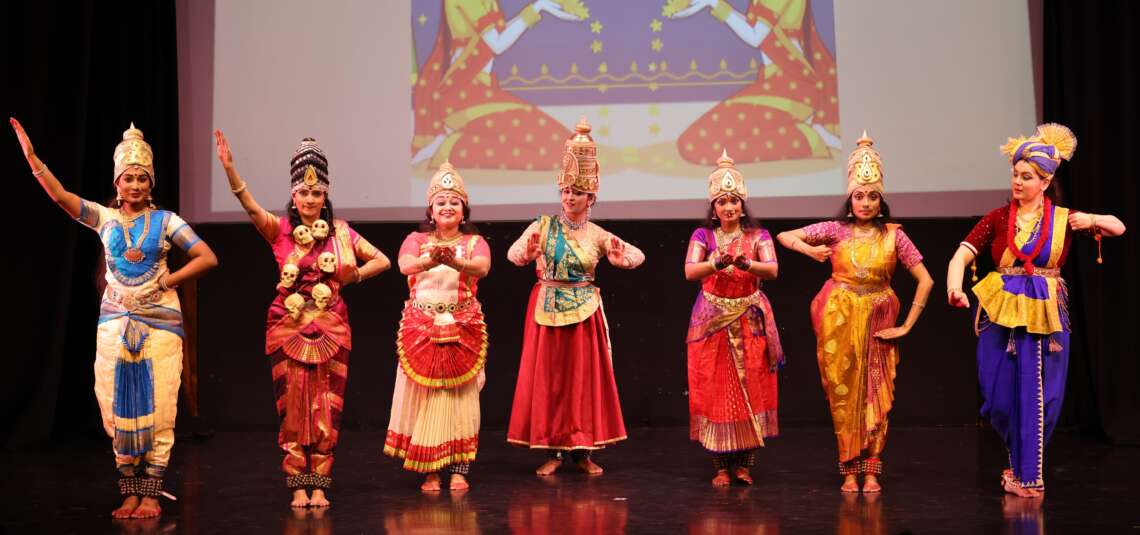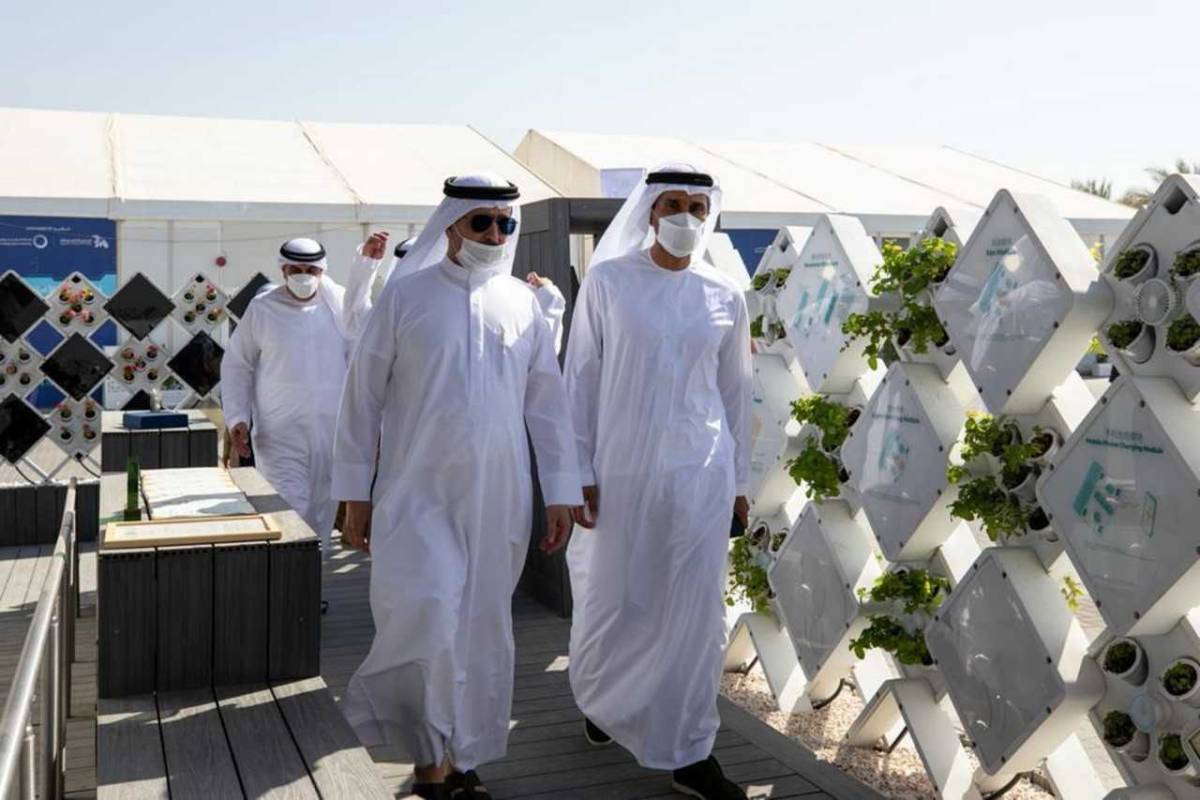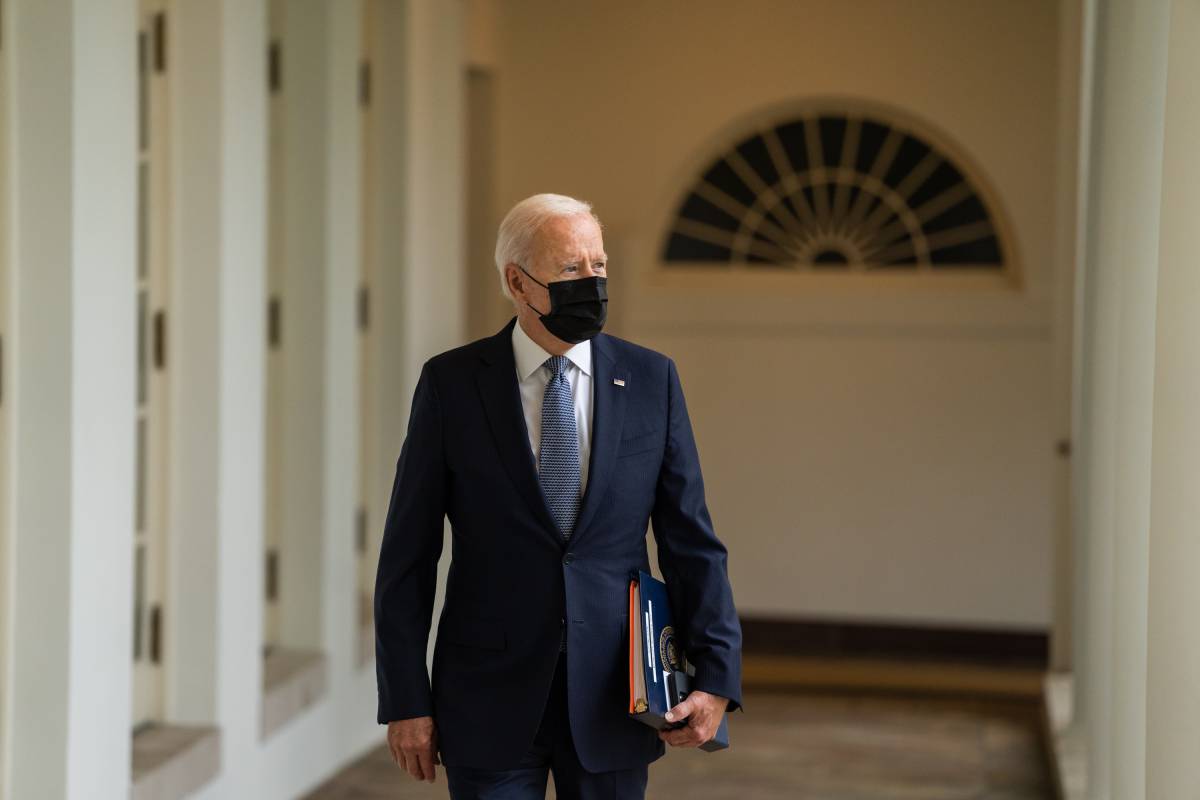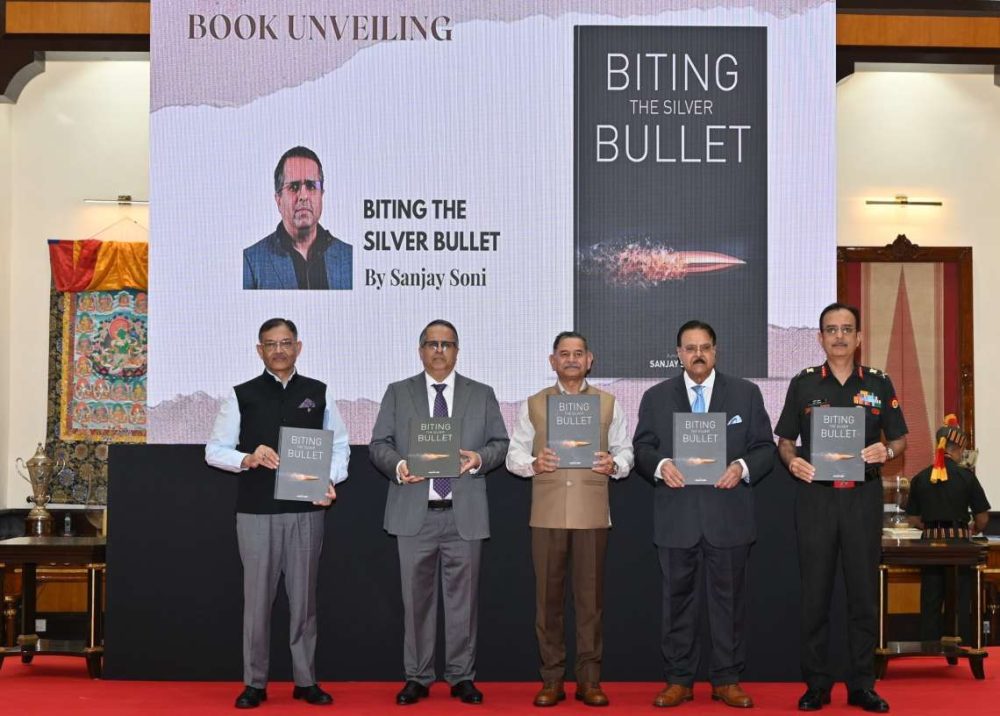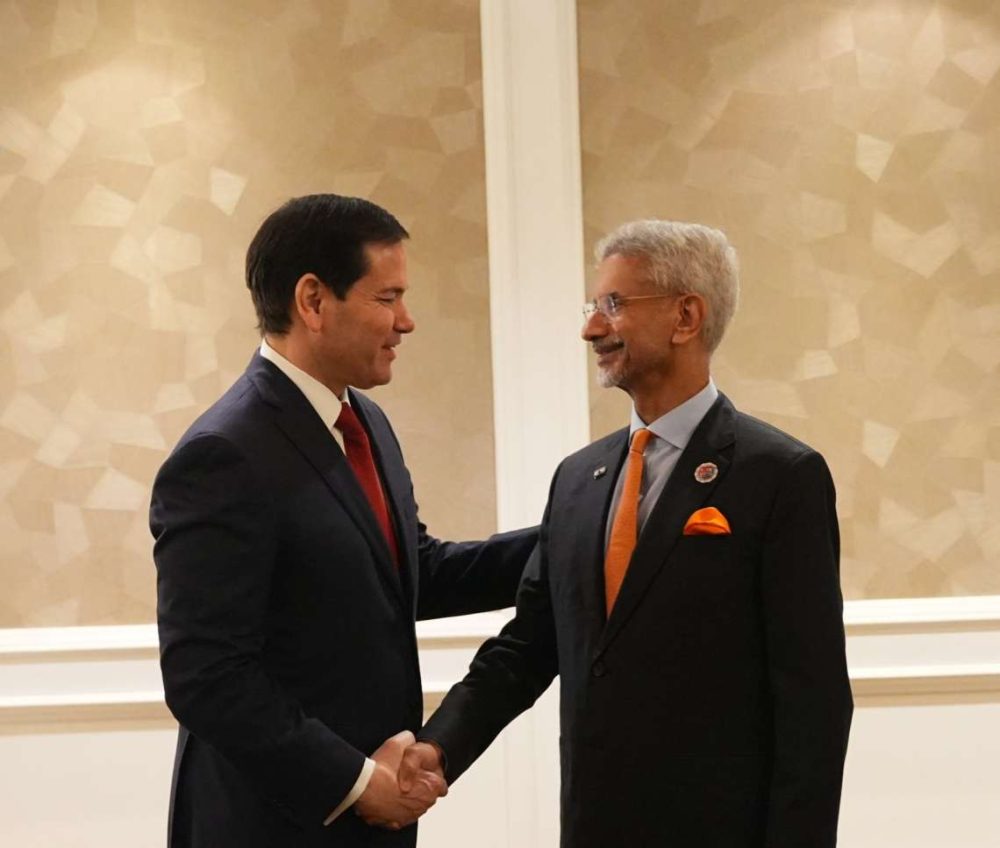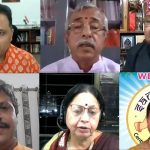An interesting webinar highlighting the role and impact of economy, education, diplomacy, art and media in nation-building post-pandemic was organised by Sanskruti Centre for Cultural Excellence and Bharatiya Vidya Bhavan, London.
Experts and eminent speakers included Rohit Vadhwana- First Secretary (Economic and Press & Information) at the High Commission of India, five times presidential awardee Lt. Gen. Shokin Chauhan- former Director-General of Assam Rifles, Professor Jyotsna Tiwari- academic at NCERT, India, Patrick Holden- Development Manager at The Bhavan, London and Ketan Trivedi- senior journalist and Editor- Digital at Chitralekha publication, India.
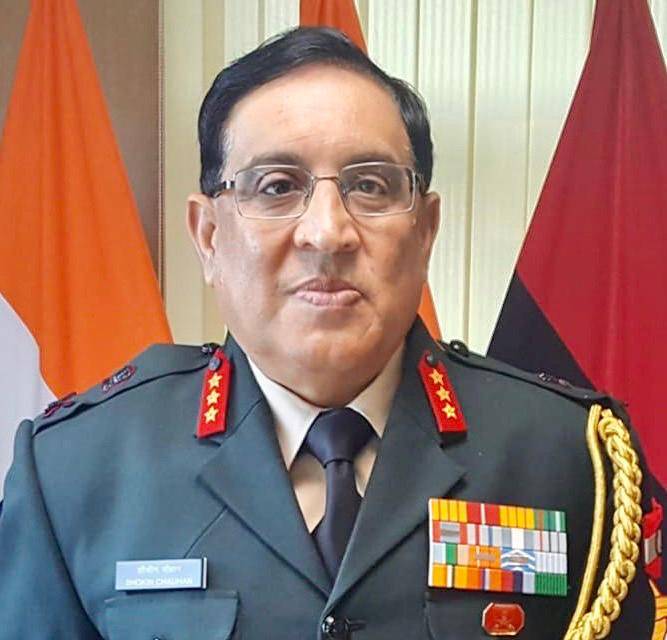
Rohit Vadhwana has opened the session appreciating the timeliness of the webinar themed on Bouncing Back. Highlighting the GDP growth projections of India by RBI, OECD, Bloomberg and World Bank and the export targets set by the Prime Minister, he explained how economic representatives in different parts of the world are striving to achieve those targets. Economic progress is measured not only by the exports, he added, but also by the confidence of the world industry and investors, citing this year’s highest inflow of FDIs demonstrating the fact.
He also cited the strategy implemented in the textile industry, of producing masks during the pandemic, and the feat of administering vaccines to more than 100 crore people within a record span of time. He explained how promising the economic landscape and the growth trajectory is, citing the strengthening of the UK-India bond in terms of agreements, partnerships and roadmap 2030.
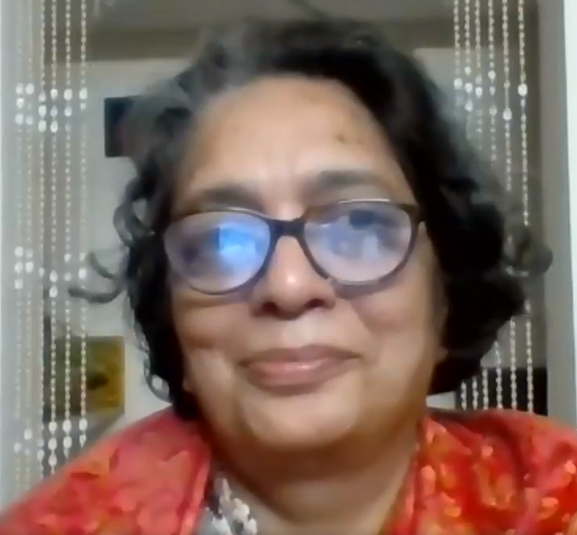
General Chauhan spoke on the importance of North-East India and its conduciveness to international trade as it shares borders with Myanmar, Nepal, China, Bhutan and Bangladesh. While it is extremely rich in biodiversity and natural resources, he said, there are still challenges to be overcome, in terms of cross border migration, ethnic conflicts, armed insurgency, demands and movements. He mentioned the efforts and policies of the central government to realign the region with the mainstream economic goals of the country.
He reiterated that its strategic location connecting the country with the robust South-East Asian market and the presence of important market catalysts such as social capital, human resources, natural resources, diversity and cultural richness are the strengths, however, the problem of unrest, illegal activities, narcotics trade etc. have been limiting its development, he added. He has also reiterated that having good relations with the bordering countries is significant to enhance the development.
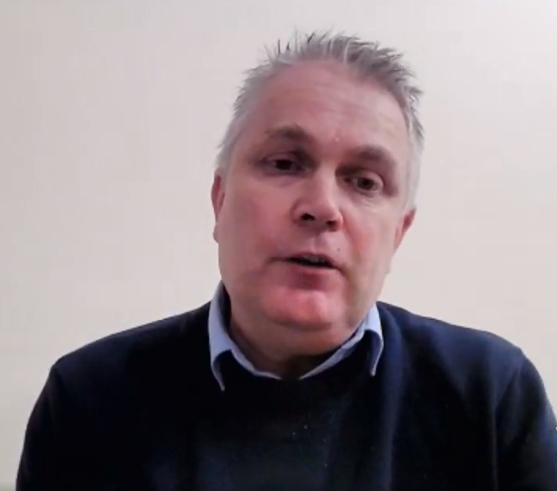
Speaking on the occasion, Professor Jyotsna Tiwari has emphasised that the call of the day is a holistic and robust education system and that education has a greater role to play in the progress and development of the country. She explained that holistic education, grounded in the knowledge system and rooted in the culture, tradition, philosophy and value system would lead the young generation towards the Sustainable Development Goals 2030.
Local to national to global education prepares the children for future challenges and improves the quality of life. Atmanirbharta- the self-sufficiency and socio-emotional development of the young through the power of rootedness in the knowledge of culture and heritage can be a gamechanger, she added.
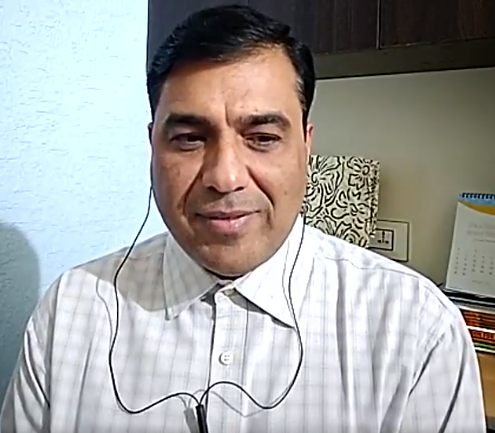
Patrick Holden has given a picture of how the arts industry has faced setbacks due to pandemic and how artists and arts organisations have adapted themselves. Arts sector is the third hardest hit due to coronavirus in the UK, which employed 2 million people before the pandemic struck. Art and Culture gave £10 billion to the economy and was the fastest growing sector at the time. 15000 live performances were then cancelled, and 100 000 jobs were lost soon after the pandemic started and by the end of 2020, art revenues dropped by 49%.
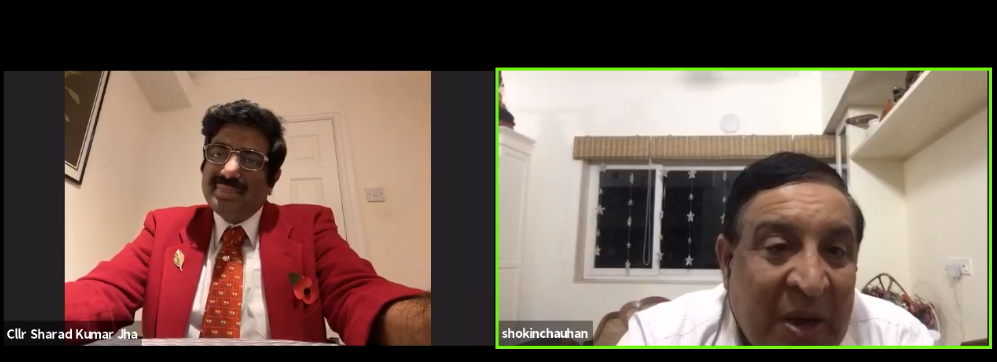
He spoke about the clear changes in art productions and consumption, the huge move to the online experience and greater use of technology, resulting in variable levels of quality. He also spoke about digital fatigue due to continued online consumption and hoped place-based experiences and collaborations to enable revenue generation.
Senior Journalist Ketan Trivedi spoke on the role of media in bringing out positive stories. He elaborated what nation means, how nation-building includes the participation of civil society, and how media should raise the issues, be the voice of the people and be the catalyst of good for the society. He cited the example of how recent Padma awardees drew attention from throughout the country due to their humble backgrounds and their service highlighted by media. He provided different other examples of how media worked alongside the people positively.

All the speakers have answered questions by the attendees, such as Cllr. Sharad Kumar Jha, Gyan Sharma, Shrawan Kumar Jha, Dr Erika Haag and Manju Sunil. Vote of Thanks was rendered by the Founder of Sanskruti Centre, Ragasudha Vinjamuri.


